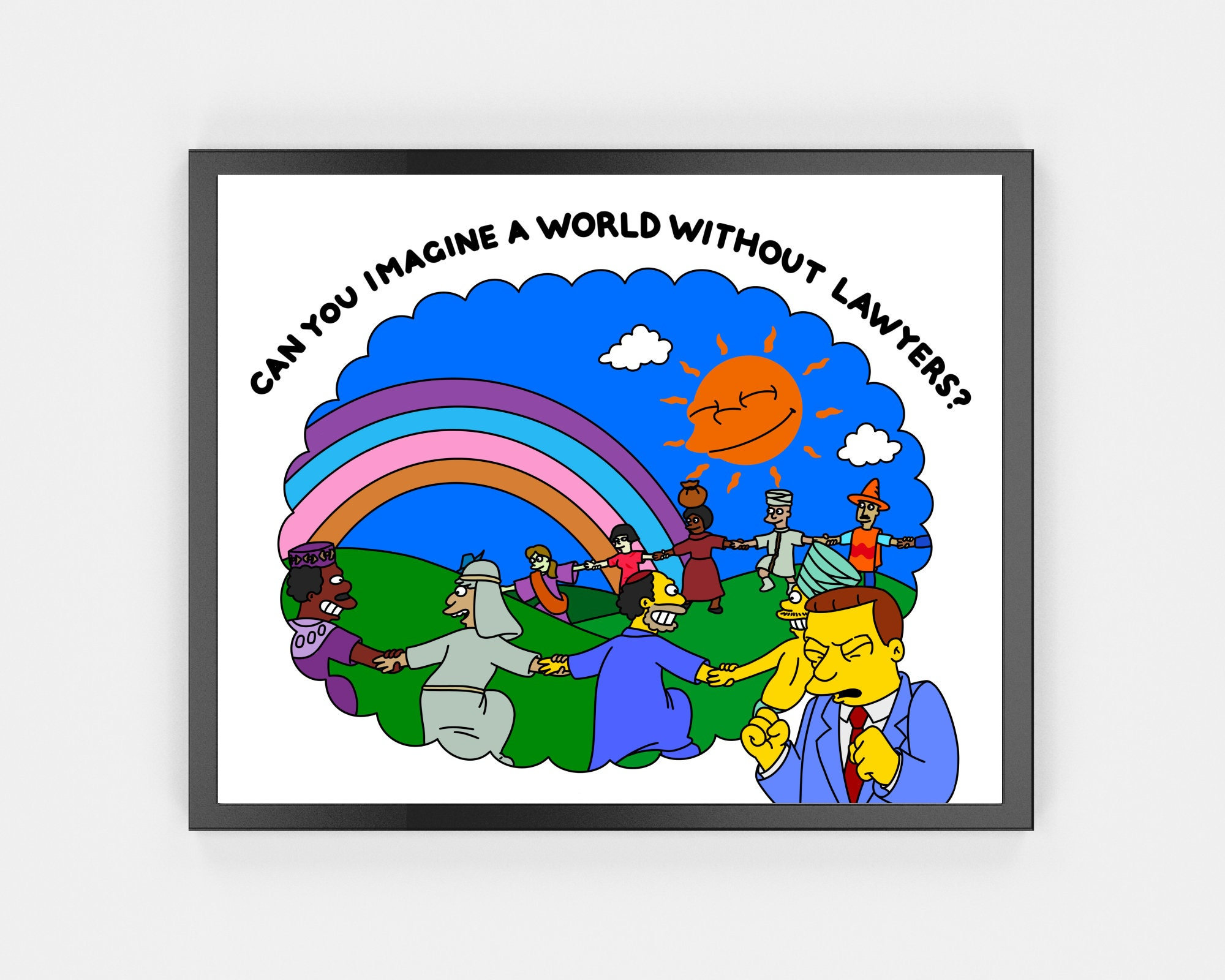Will AI completely replace attorneys?
Results 26 to 36 of 36
Thread: Recommend me an attorney
-
11-12-2024, 10:31 AM #26
-
11-12-2024, 10:50 AM #27
-
11-12-2024, 11:13 AM #28
-
11-12-2024, 11:13 AM #29
 Registered User
Registered User
- Join Date
- Feb 2008
- Posts
- 3,518
-
11-12-2024, 01:02 PM #30
I say that AI will get rid of attorneys, judges and juries. Feed in the evidence, out comes a verdict.
It will get rid of detectives too since AI can fake evidence better than any detective can.
-
11-12-2024, 03:20 PM #31
Did SirShred get a lawyer or just use an AI? Did he get rid of the mold???
There's nothing better than sliding down snow, flying through the air
-
11-12-2024, 03:45 PM #32
 Registered User
Registered User
- Join Date
- Apr 2021
- Posts
- 3,472
-
11-12-2024, 04:05 PM #33
-
11-13-2024, 10:03 AM #34In order to properly convert this thread to a polyasshat thread to more fully enrage the liberal left frequenting here...... (insert latest democratic blunder of your choice).
-
11-13-2024, 10:49 AM #35
I have litigated on both sides several of these cases. On your claim against the inspector, many jurisdictions now limit recovery against the inspector to the cost of the report.
On the disclosures, in Virginia, there are two ways to sell. No disclosures, in "AS-IS" condition, or with disclosures. Not sure which way it was sold. You may be able to make some headway.
If I was putting parties on notice, I would include the sellers, the listing agent, the inspector, and anyone that attempted remediation of the existing problem which was ineffective.
Get in touch with an environmental engineer to do testing to make sure the contamination raises the spore counts to exceed the allowable limits. Make sure you don't start remediation without given the other side notice to avoid the defense of "spoiliation" of the evidence. The other parties should have the opportunity to inspect and perform independent testing to be able to defend the claim.
§ 8.01-379.2:1. Spoliation of evidence.
A. A party or potential litigant has a duty to preserve evidence that may be relevant to reasonably foreseeable litigation. In determining whether and at what point such a duty to preserve arose, the court shall include in its consideration the totality of the circumstances, including the extent to which the party or potential litigant was on notice that specific and identifiable litigation was likely and that the evidence would be relevant.
B. If evidence that should have been preserved in the anticipation or conduct of litigation is lost because a party failed to take reasonable steps to preserve it, or is otherwise disposed of, altered, concealed, destroyed, or not preserved, and it cannot be restored or replaced through additional discovery, the court (i) upon finding prejudice to another party from such loss, disposal, alteration, concealment, or destruction of the evidence, may order measures no greater than necessary to cure the prejudice, or (ii) only upon finding that the party acted recklessly or with the intent to deprive another party of the evidence's use in the litigation, may (a) presume that the evidence was unfavorable to the party, (b) instruct the jury that it may or shall presume that the evidence was unfavorable to the party, or (c) dismiss the action or enter a default judgment.
C. Nothing in this section shall be interpreted as creating an independent cause of action for negligent or intentional spoliation of evidence.In order to properly convert this thread to a polyasshat thread to more fully enrage the liberal left frequenting here...... (insert latest democratic blunder of your choice).
-
11-13-2024, 11:33 AM #36
Solid advice. My real concern is that the statute of limitations may have run since the mold was discovered, according to the post history, at the latest, in August of 2010. Could be wrong though.
Sent from my iPhone using TGR ForumsIf we're gonna wear uniforms, we should all wear somethin' different!


 Reply With Quote
Reply With Quote






Bookmarks